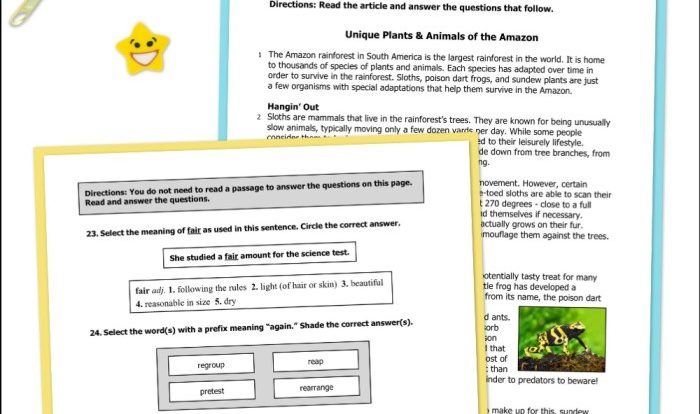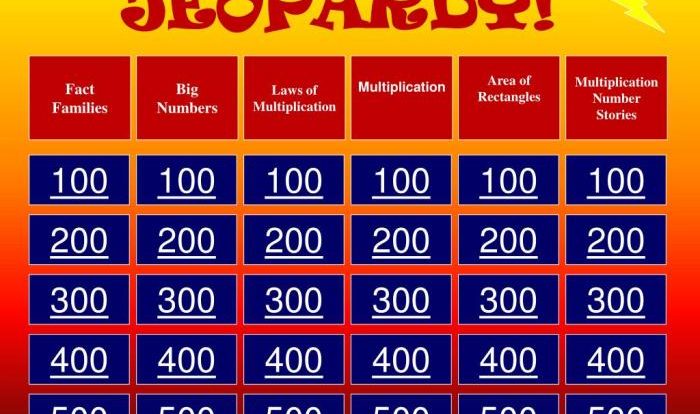Everything you need to know for the geometry regents is a comprehensive guide that provides students with the essential knowledge and strategies to excel on the Geometry Regents Exam. This guide covers all the core geometry concepts, problem-solving strategies, and test-taking tips necessary for success.
The Geometry Regents Exam is a standardized test administered by the New York State Education Department to high school students who have completed a course in geometry. The exam is designed to assess students’ understanding of geometry concepts and their ability to apply those concepts to solve problems.
Geometry Regents Exam Overview

The Geometry Regents Exam is a standardized test administered by the New York State Education Department (NYSED) to assess students’ mastery of geometry concepts and skills. It is a requirement for high school graduation in New York State and is typically taken by students at the end of their geometry course.
The exam consists of two sections: a multiple-choice section and a constructed-response section. The multiple-choice section contains 30 questions worth 50% of the exam score, while the constructed-response section contains six questions worth the remaining 50%. Students are given 3 hours to complete the exam.
Preparing thoroughly for the Geometry Regents Exam is crucial for success. Students should review the course material, practice solving problems, and take practice exams to familiarize themselves with the exam format and question types.
Core Geometry Concepts
The Geometry Regents Exam covers a wide range of geometry concepts, including:
- Properties of triangles, circles, polygons, and solids
- Relationships between geometric shapes
- Transformations
- Coordinate geometry
- Proofs
Students should be able to apply these concepts to solve problems in a variety of contexts.
Problem-Solving Strategies
Effective problem-solving strategies for the Geometry Regents Exam include:
- Analyzing the problem and identifying relevant information
- Drawing diagrams to visualize the problem
- Using geometric principles to solve the problem
- Checking the solution for accuracy
Students should also be aware of common pitfalls and misconceptions in geometry problem-solving.
Regents Exam Preparation Resources: Everything You Need To Know For The Geometry Regents

There are a variety of resources available to help students prepare for the Geometry Regents Exam, including:
- Textbooks
- Online practice tests
- Study guides
- Tutoring services
Students should choose the resources that best meet their individual needs and learning styles.
Test-Taking Tips and Strategies

To perform well on the Geometry Regents Exam, students should:
- Manage their time wisely
- Select questions carefully
- Cope with test anxiety
- Review their answers
- Avoid common mistakes
By following these tips, students can increase their chances of success on the exam.
Questions and Answers
What is the format of the Geometry Regents Exam?
The Geometry Regents Exam is divided into two sections. Section I consists of 24 multiple-choice questions worth 2 points each. Section II consists of six constructed-response questions worth 6 points each.
What are some tips for studying for the Geometry Regents Exam?
There are many ways to study for the Geometry Regents Exam. Some helpful tips include:
- Start studying early and review the material regularly.
- Use a variety of study materials, such as textbooks, online practice tests, and study guides.
- Form a study group with friends or classmates.
- Get help from a tutor if you need it.
What are some common mistakes to avoid on the Geometry Regents Exam?
There are a few common mistakes that students make on the Geometry Regents Exam. Some of these mistakes include:
- Not reading the instructions carefully.
- Not showing all of your work.
- Guessing on answers.
- Not checking your answers.



